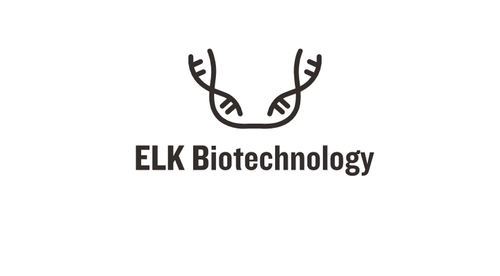Product Description
Mouse Protein disulfide-isomerase A4 (PDIA4) ELISA Kit | AE28183MO | Abebio
Species Reactivity: Mouse (Mus musculus)
Abbreviation: PDIA4
Alternative Name: ERP70; ERP72; protein disulfide isomerase A4|protein disulfide isomerase related protein (calcium-binding protein; intestinal-related) |protein disulfide isomerase-associated 4
Application: ELISA
Range: 0.312-20 ng/mL
Sensitivity: 0.112 ng/mL
Intra-Assay: ≤4.9%
Inter-Assay: ≤8.2%
Recovery: 1, 06
Sample Type: Serum, Plasma, Other biological fluids
Detection Method: Sandwich
Analysis Method : Quantitive
Test Principale: This assay employs a two-site sandwich ELISA to quantitate PDIA4 in samples. An antibody specific for PDIA4 has been pre-coated onto a microplate. Standards and samples are pipetted into the wells and anyPDIA4 present is bound by the immobilized antibody. After removing any unbound substances, a biotin-conjugated antibody specific for PDIA4 is added to the wells. After washing, Streptavidin conjugated Horseradish Peroxidase (HRP) is added to the wells. Following a wash to remove any unbound avidin-enzyme reagent, a substrate solution is added to the wells and color develops in proportion to the amount of PDIA4 bound in the initial step. The color development is stopped and the intensity of the color is measured.
Product Overview: Protein Disulfide Isomerase A4is an enzyme in the endoplasmic reticulum in eukaryotes or periplasmic space of prokaryotes that catalyzes the formation and breakage of disulfide bonds between cysteine residues within proteins as they fold. This allows proteins to quickly find the correct arrangement of disulfide bonds in their fully-folded state, and therefore the enzyme acts to catalyze protein folding. The reduced (dithiol) form of PDI is able to catalyse a reduction of mispaired thiol residues of a particular substrate, acting as an isomerase. Therefore, PDI is capable of catalyzing the posttranslational modification disulfide exchange. Such exchange reactions can occur intramolecularly, leading to the rearrangement of disulfide bonds in a single protein.
Stability: The stability of ELISA kit is determined by the loss rate of activity. The loss rate of this kit is less than 5% within the expiration date under appropriate storage condition. The loss rate was determined by accelerated thermal degradation test. Keep the kit at 37°C for 4 and 7 days, and compare O.D.values of the kit kept at 37°C with that of at recommended temperature. (referring from China Biological Products Standard, which was calculated by the Arrhenius equation. For ELISA kit, 4 days storage at 37°C can be considered as 6 months at 2 - 8°C, which means 7 days at 37°C equaling 12 months at 2 - 8°C) .
 Euro
Euro
 USD
USD
 British Pound
British Pound
 NULL
NULL








